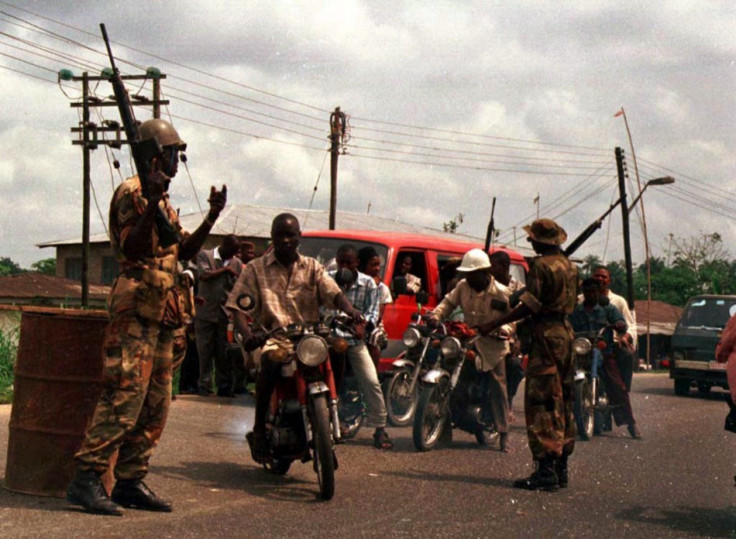Nigeria Torture Claim against Shell Heads to US Supreme Court

Oil giant Royal Dutch Shell may be called before the highest court in the US to answer charges of complicity in torture brought by 12 alleged Nigerian victims.
A case was brought by the plaintiffs in a New York court but was thrown out in 2010 on the grounds that US laws did not apply.
An appeal against that decision has now gone to the US Supreme Sourt.
Attorneys have presented their preliminary arguments over whether an 18th-century American law can be used to sue multinational companies in the US for alleged human rights violations committed outside the country.
The plaintiffs allege that Shell aided and abetted the Nigerian government in committing human rights abuses during a crackdown on protests against the environmental damage caused by oil exploration in the Ogoni region of the Niger Delta between 1992 and 1995.
"According to plaintiffs, in 1993 defendants responded by enlisting the aid of the Nigerian government to suppress the Ogoni resistance. Throughout 1993 and 1994, Nigerian military forces are alleged to have shot and killed Ogoni residents and attacked Ogoni villages - beating, raping and arresting residents and destroying or looting property - all with the assistance of the defendants," court documents say.
Shell is also accused of providing transport for Nigerian forces, allowing the army to use its property to stage attacks, providing food to the soldiers involved in the attacks and of providing them with compensation.
The nine justices on the supreme court bench remain divided over whether it has jurisdiction over cases involving human rights violation, torture and genocide said to have been committed abroad.
"What business does a case like that have in the courts of the United States?" Justice Samuel Alito asked. "There's no connection to the US whatsoever."
But Justice Ruth Bader Ginsburg said: "Most countries in the world have such a notion that corporations are responsible for the acts of their agents."
The court has to determine corporate liability for foreign abuses under the terms of the US Alien Tort Statute.
The law, which dates back to 1789, gives US courts jurisdiction over "any civil action by an alien for a tort only, committed in violation of the law of nations or a treaty of the United States".
A tort is a non-criminal act that injures someone.
The case is expected to be heard in the autumn.
© Copyright IBTimes 2024. All rights reserved.





